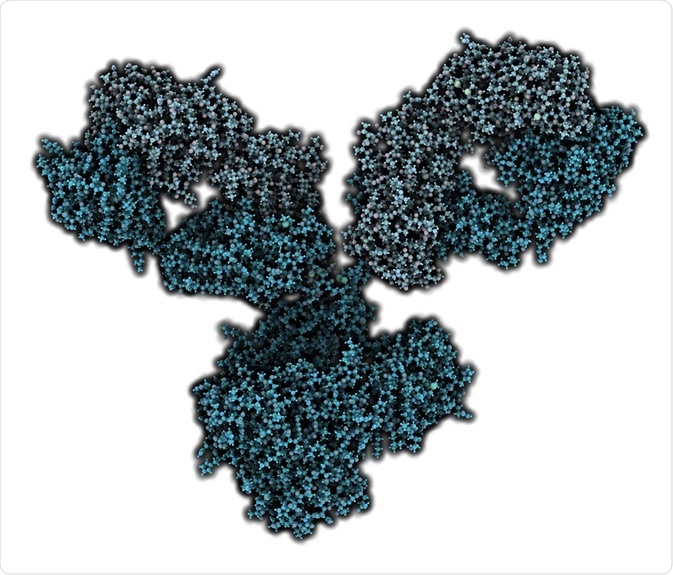Multiplex immunoassays and enzyme-linked immunosorbent assays (ELISA) are used to determine and analyze the presence of an analyte in a sample through the binding of complimentary antigen-antibody pairs. Multiplex immunoassays are useful in cases of limited sample volume or time.
 molekuul_be | Shutterstock
molekuul_be | Shutterstock
Multiplex immunoassays can be differentiated by the surface to which the antigens or antibodies are attached. These surfaces may be flat with the antibodies or antigens of different types bound at different areas (planar array), or spherical beads with a specific dye to differentiate between identified analytes (microbead).
Considerations for designing a multiplex immunoassay
Sample collection procedure and storage
Sample collection must be standardized to reduce the impact of multiple variables. For example, blood from patients should be collected in identical conditions, such as the time of day, fasting status, etc. Once a sample preparation method is determined, it should be adhered to. The use of automated equipment can reduce the risk of human error and contamination.
Matrix selection
Once a particular sample type and source has been established, it must be maintained throughout the experiment. For example, blood and blood plasma consists of many same components, but they are not present in the same proportions.
Suitable controls
When using a new or novel multiplex assay platform, reliable control data should be collected regardless of pre-existing data. The quality and purity of standards and antibodies or antigens must also be consistent and of high grade. Differing qualities of multiple antibodies may lead to variabilities in detecting the concentrations of complimentary antigens within a sample.
Variability between immunoassay kits
Multiplex immunoassay kits, even from the same manufacturer, may not give identical results. Various components within the assay platform possess expiry dates that should be adhered to. It is advisable to perform all the sample analysis in a batch using the same kit to reduce variability. This also applies when creating a novel assay from scratch.
Devising a calibration curve
The quality of data obtained through multiplex assay depends heavily on the calibration curves generated using appropriate curve fitting methods, the precision of the assay, reliability of spike-and-recovery, and linearity-of-dilution experiments.
Source
- Multiplex immunoassays.
- Comparison of Multiplex Immunoassay Platforms.
- Immunoassay Methods.
Last Updated: Feb 14, 2019

Written by
Michael Greenwood
Michael graduated from Manchester Metropolitan University with a B.Sc. in Chemistry in 2014, where he majored in organic, inorganic, physical and analytical chemistry. He is currently completing a Ph.D. on the design and production of gold nanoparticles able to act as multimodal anticancer agents, being both drug delivery platforms and radiation dose enhancers.
Source: Read Full Article



